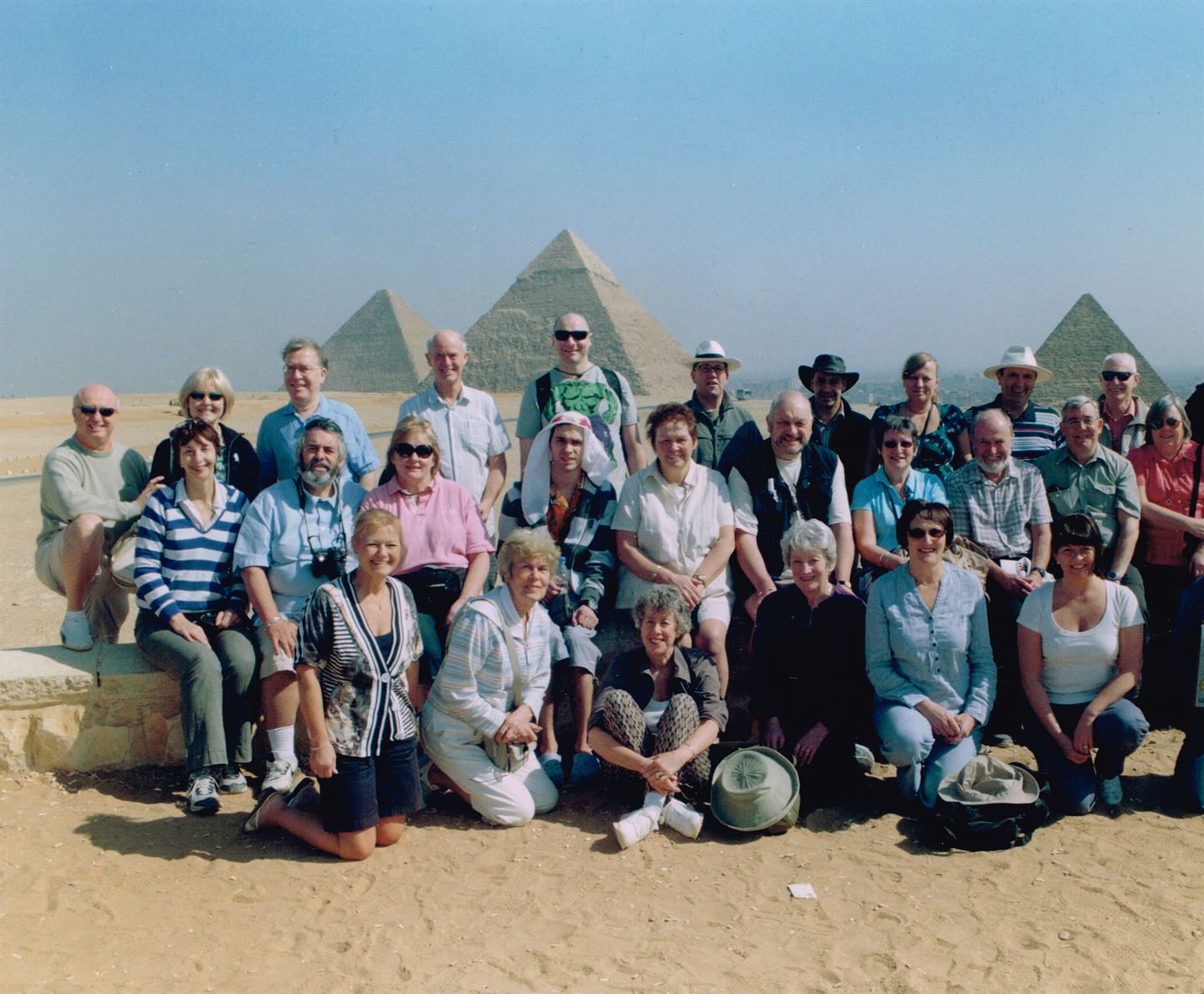
The Big Journey Travel
From Flavorwire: 'A journey through every country in the world' is the theme of this epic coffee table book and, indeed, it is. Get your red pen and Post-it notes prepared to spend hours flipping through photos and facts about every single country and region on the globe, from Barundi to Saint Lucia.
I’m Jessica Festa, but you can call me Jessie.And I have a little secret for you. Are you ready?You do not have to wait until you have a ton of money saved up or a travel partner — even if you’re a female — to start traveling now.Whether you’re working a full-time desk job with minimal vacation time, in a location-dependent relationship, paying off student loans, or just fearing the unknown, I’ll show you how to explore the globe and enrich your life with unique local encounters.See, I empower curious solo female travelers to go beyond their guidebooks to have more meaningful, immersive and impactful trips. I also teach travel blogging courses too, whether you want to hit the road full-time or add extra income on top of your 9-to-5.(Because yes, you can totally run a profitable travel blog and keep your desk job!). Your seat is saved!Now before you go, I've got a couple action items for you to complete to prepare you for the makeover challenge:1. (pictured above!).It will also be sent to you in your challenge welcome email.This is the workbook you'll be filling out to keep you accountable during the challenge.2. Make sure to, as this is where our discussions will take place.Comment each day, and you'll automatically receive a.FREE. copy of my '41 Clever Tactics For Monetizing Your Travel Blog' checklist after the challenge!3.
Add to your address book so the challenge emails go to your inbox (and not spam!).4. I've even pre-populated a Tweet for you! 🙂See you on May 21st!xoxJessie 'Jessie on a Journey' Festa.
Contents.EtymologyThe origin of the word 'travel' is most likely lost to history. The term 'travel' may originate from the word travail, which means 'work'.
According to the Merriam Webster dictionary, the first known use of the word travel was in the 14th century. It also states that the word comes from Middle English travailen, travelen (which means to torment, labor, strive, journey) and earlier from Old French travailler (which means to work strenuously, toil).
In English we still occasionally use the words 'travail', which means struggle. According to Simon Winchester in his book The Best Travelers' Tales (2004), the words 'travel' and 'travail' both share an even more ancient root: a Roman instrument of torture called the tripalium (in Latin it means 'three stakes', as in to impale).
This link may reflect the extreme difficulty of travel in ancient times. Travel in modern times may or may not be much easier depending upon the destination. Travel to, the, and are more difficult forms of travel.
Travel can also be more difficult depending on the method of travel, such as by, or even. Purpose and motivationReasons for traveling include, or, travel, the gathering of information, visiting people, for, to begin life somewhere else, religious and, and other reasons, such as to obtain health care or waging or or for the enjoyment of traveling. Travellers may use such as or; or, such as, and.Motives for travel include:. and.
Taking personal time for building.History of travelTravel dates back to where wealthy Greeks and Romans would travel for leisure to their summer homes and villas in cities such as and.While early travel tended to be slower, more dangerous, and more dominated by trade and migration, cultural and technological advances over many years have tended to mean that travel has become easier and more accessible. Mankind has come a long way in transportation since sailed to the new world from Spain in 1492, an expedition which took over 10 weeks to arrive at the final destination; to the 21st century where allow travel from Spain to the United States overnight.Travel in the offered hardships and challenges, however, it was important to the economy and to society. Ferry in theAuthorities emphasize the importance of taking precautions to ensure travel. When traveling abroad, the odds favor a safe and incident-free trip, however, travelers can be subject to difficulties, crime and violence. Some safety considerations include being aware of one's surroundings, avoiding being the target of a crime, leaving copies of one's and information with trusted people, obtaining valid in the country being visited and registering with one's national when arriving in a foreign country.
 To protect our independence, we are dependent of our friends using the site.
To protect our independence, we are dependent of our friends using the site.
Many countries do not recognize drivers' licenses from other countries; however most countries accept. Policies issued in one's own country are often invalid in foreign countries, and it is often a requirement to obtain temporary auto insurance valid in the country being visited. It is also advisable to become oriented with the driving-rules and -regulations of destination countries. Wearing a is highly advisable for safety reasons; many countries have penalties for violating.There are three main statistics which may be used to compare the safety of various forms of travel (based on a survey in October 2000): ModeDeaths per billionJourneysHoursKilometers4.300.6117502.63See also. (definition).
Accessed July 2011. (definition). Accessed July 2011. (definition).
Retrieved on 10 December 2011. Buzard, J.
(1993) The Beaten Track. European Tourism literature, and the Ways to 'Culture' 1800 - 1918. Oxford: Oxford University Press. ^. (Compilation for History 3931/REL 3938 course.) Accessed July 2011.
Retrieved 10 April 2018. ^. Accessed May 2017. Peters, F. Princeton University Press. Deutsche Welle. Retrieved 13 February 2018.
Shauna Beni (July 29, 2019). Conde Nast Traveler. Retrieved March 6, 2020. By age 12, Alexis Alford. Alford, now 21, has accomplished her goal. Retrieved 2 March 2013. ^.
Accessed July 2011. Accessed July 2011.
^. Accessed July 2011.
The risks of travel 2001-09-07 at theExternal links.